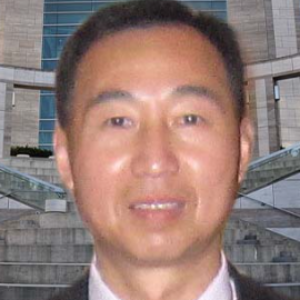Title: Deficiency of the splicing factor RBM10 limits EGFR inhibitor response in EGFR-mutant lung cancer
Abstract:
Molecularly targeted cancer therapy has improved outcomes for patients with cancer with targetable oncoproteins, such as mutant EGFR in lung cancer. Yet, the long-term survival of these patients remains limited, because treatment responses are typically incomplete. One potential explanation for the lack of complete and durable responses is that oncogene-driven cancers with activating mutations of EGFR often harbor additional co-occurring genetic alterations. This hypothesis remains untested for most genetic alterations that co-occur with mutant EGFR. Here, we report the functional impact of inactivating genetic alterations of the mRNA splicing factor RNA-binding motif 10 (RBM10) that co-occur with mutant EGFR. RBM10 deficiency decreased EGFR inhibitor efficacy in patient-derived EGFR-mutant tumor models. RBM10 modulated mRNA alternative splicing of the mitochondrial apoptotic regulator Bcl-x to regulate tumor cell apoptosis during treatment. Genetic inactivation of RBM10 diminished EGFR inhibitor–mediated apoptosis by decreasing the ratio of (proapoptotic) Bcl-xS to (antiapoptotic) Bcl-xL isoforms of Bcl-x. RBM10 deficiency was a biomarker of poor response to EGFR inhibitor treatment in clinical samples. Coinhibition of Bcl-xL and mutant EGFR overcame the resistance induced by RBM10 deficiency. This study sheds light on the role of co-occurring genetic alterations and on the effect of splicing factor deficiency on the modulation of sensitivity to targeted kinase inhibitor cancer therapy.
Audience Take Away Notes:
- Lung cancer mutational landscape
- Co-mutations in lung cancer
- Loss of function of RBM10 in lung cancer
- Novel polytherapy for lung cancer


